How do humanitarian aid workers think and act?
This work focuses on how humanitarian organisations operate, including their members, affiliations, messages, practices and cultures. Aid to refugee, displaced, deported, exiled and interned populations plays a central role in humanitarian action both now and in the past. What types of aid are provided to internees and displaced persons? What kinds of obstacles and dilemmas does it face? What sorts of practical, political and ethical questions are raised by the participation of humanitarian organisations in population displacement and internment policies?
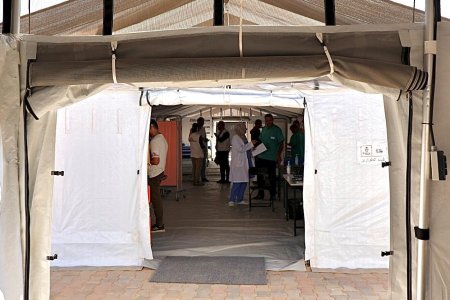 Nour Alsaqqa
News in brief
Nour Alsaqqa
News in brief
Developing Humanitarian Medicine project
11/08/2024 Read more Nour Alsaqqa
News in brief
Nour Alsaqqa
News in brief
Developing Humanitarian Medicine project
11/08/2024 Read more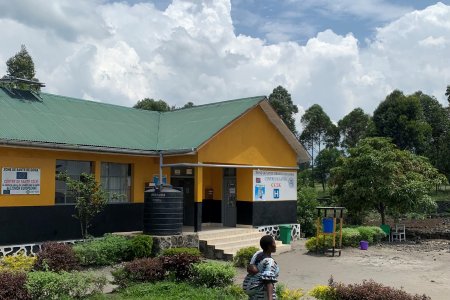 Jacob Burns
Analysis
Jacob Burns
Analysis
Too much Never Enough : Social Support at MSF
06/24/2024In this paper, Jacob Burns analyzes MSF's activities in the provision of social support. In the introduction, he suggests a rough outline of different ‘social’ problems that MSF has turned to between the 1980s and the 2010s. The second part of the paper is a report of a field visit conducted in October – November 2023 to Goma, DRC.
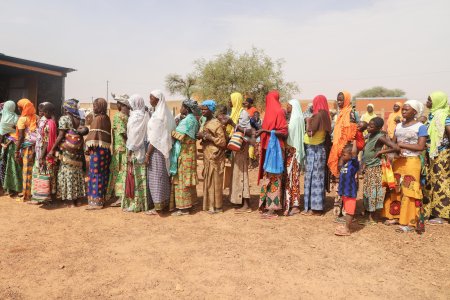 Nisma Leboul
Interview
Nisma Leboul
Interview
What difficulties does MSF face in the Sahel?
06/24/2024Following a series of coups d'état in recent years in Niger, Mali and Burkina Faso, the Sahel region is undergoing a major redefinition. In a context of high insecurity, what are the possibilities for accessing populations? What are the conditions under which our teams are operating, and can we do more? This interview with Hamadoun Dicko, who is in charge of access issues in the Sahel for MSF, was originally published association's website of MSF-France.
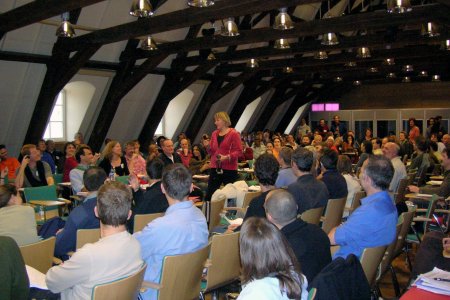 Alain Fredaigue
Analysis
Alain Fredaigue
Analysis
The road from La Mancha: Narratives of failure and institutional reform
03/22/2024In this article, historian Eleanor Davey examines the concept of failure in the humanitarian sector through the experience of MSF and its reform process, known as La Mancha, which began in the early 2000s. The text highlights the challenges faced by MSF in recognising and resolving internal inequalities within the organisation.
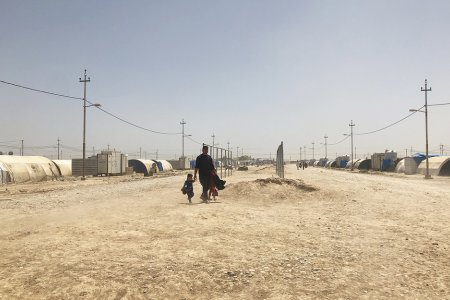 Candida Lobes
Analysis
Candida Lobes
Analysis
Crisis and Humanitarian Containment
12/19/2023Challenging the idea that humanitarian actors can act free from politics by virtue of their principles, this chapter argues that the politicization of humanitarian aid is in fact the primary condition for its deployment. Humanitarian actors can only act if they maintain a balance between their own interests and those of people in positions of power. This raises a crucial ethical question: At what point do humanitarian organisations consider that deals reached with political powers cross the blurred but very real line beyond which humanitarian assistance does more harm than good?
 Video
Video
Journal of Humanitarian Affairs : Volume 5 (2023), Issue 1 (Sep 2023): Humanitarian Numbers
11/23/2023On September 14th, 2023, the Journal of Humanitarian Affairs, the academic journal in open access, hosted jointly by the Crash, The Humanitarian Affairs Team at Save the Children UK (HAT) and the Humanitarian and Conflict Response Institute at the University of Manchester (HCRI), has published a new issue entitled “Humanitarian numbers”. The latter focuses on the technical aspect of numbers, dealing with two main questions: What datafication means? How well does the quantitative represent reality?
 Interview
Interview
Thinking on and beyond the concept of de-westernization
10/16/2023This interview by Didier Billion and Marc Verzeroli was originally published in the Revue internationale et stratégique. To examine the concept of de-westernization, Rony Brauman describes the current state of international relations, marked by fluid alliances and new power relationships. He states and details his reservations about whether universal values truly exist and how the international criminal justice system functions.
 Todd Brown
Interview
Todd Brown
Interview
Historicising Humanitarian Action. Synchronicity in Historical Research and Archiving Humanitarian Missions
06/30/2023The central question raised in this discussion relates to two profoundly intermeshed issues for humanitarian practitioners and organisations: the use of history for humanitarian organisations, and the need for them to preserve and maintain archives
